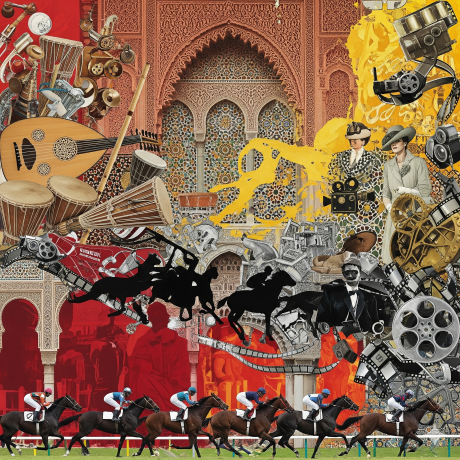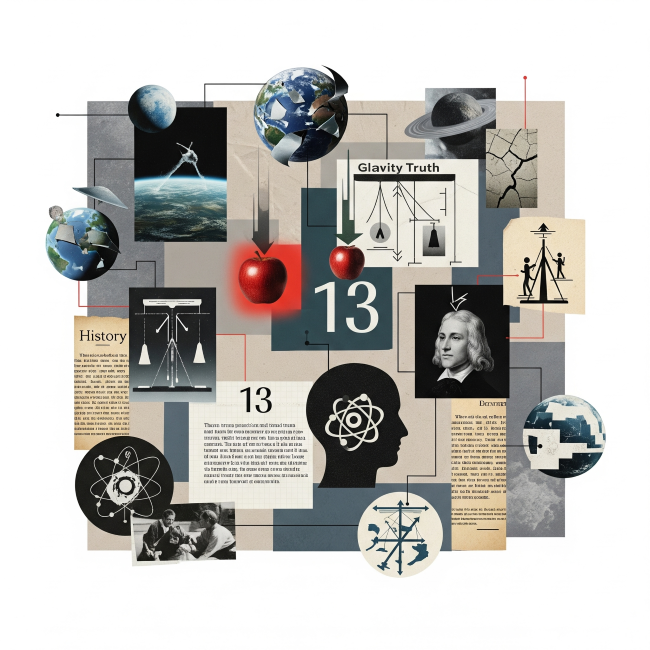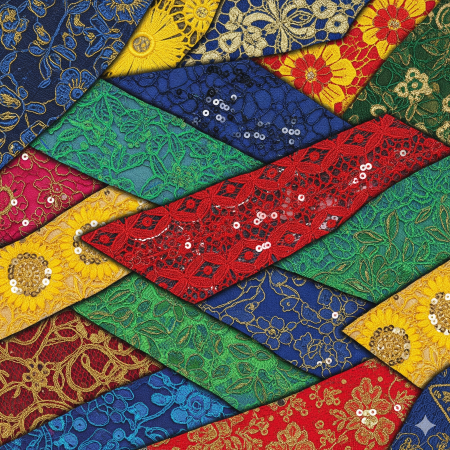Discoveries That Transformed Perceptions of African Civilization

We are often told that Africans swung on vines and had no mastery of tools—a deeply flawed and dismissive narrative. Certain discoveries in Nigeria challenge this misconception and reveal a long-standing tradition of environmental understanding, material innovation, and advanced construction techniques. We could fashion, shape, and create. So, how did we become a people so easily awed by modern technology, when we once lived and breathed it?
Two extraordinary milestones in early construction and engineering—the Dufuna canoe and the Igbo-Ukwu bronze works—reveal even more. These are not minor archaeological footnotes; they are groundbreaking achievements.The Dufuna canoe dates back over 8,000 years, while the intricate bronze artifacts of Igbo-Ukwu are at least 2,000 years old.
These discoveries speak to a society capable of more than survival. They reflect deep intelligence and curiosity—an ability to identify raw materials buried beneath the earth, extract them, and apply fire, heat, and chemistry to transform them into tools, vessels, and art.
They reveal a mastery of principles like flotation, form, and proportion, tested and proven thousands of years ago.
The Dufuna Canoe: Africa’s Oldest Watercraft
Image Credit: Things Nigeria
Deep in northeastern Nigeria, near the Komadugu Gana River in Yobe State, archaeologists unearthed a remarkable relic of prehistoric innovation—the Dufuna Canoe. Dating back approximately 8,500 to 8,000 years ago (around 6000 BCE), this dugout canoe carved from a single tree trunk stands as the oldest known sea vessel in West Africa, the oldest boat discovered anywhere on the African continent, and the second oldest in the world.
Measuring about 8.4 meters in length and 0.5 meters in width, the canoe’s sophisticated craftsmanship, with its pointed bow and stern, speaks to the advanced boat-building skills of early West African societies. It reveals that these communities had already developed complex watercraft technology and a well-established riverine culture that relied heavily on water transport and fishing. The canoe not only served practical needs but also symbolized the human capacity to adapt and thrive in a wetter, more water-abundant environment than today.
This discovery challenges previous assumptions about the technological timeline of West Africa. It shows that thousands of years before other known vessels, people in this region were innovating ways to traverse rivers and lakes, facilitating mobility, trade, and subsistence strategies. The Dufuna Canoe is a testament to Africa’s deep maritime heritage and the ingenuity of its early inhabitants.
Unearthing Legacy: The Igbo-Ukwu Bronzes and the Rewriting of African History
In the quiet town of Igbo-Ukwu in Anambra state, a farmer named Isaiah Anozie unknowingly shattered a long-standing myth in 1938. As he dug into the soil of his compound searching for water, he unearthed not just the remnants of a buried past but a narrative powerful enough to challenge Eurocentric timelines of human development.
Image Credit: Substack
Image Credit: Wikipedia
The intricate bronze objects he discovered—now known as the Igbo-Ukwu Bronzes—offered indisputable evidence that sub-Saharan Africa had, long before colonial contact, harbored societies of astonishing complexity, wealth, and technological mastery.
What followed was a decades-long exploration led by British archaeologist Charles Thurstan Shaw, culminating in excavations in 1959 and 1964. Shaw’s work unearthed over 700 artifacts and three significant archaeological sites—Igbo Isaiah, Igbo Richard, and Igbo Jonah—each nested within the Anozie family’s land.
It is the bronzes themselves that remain the most stunning revelation. Crafted using the lost-wax casting method—a technique so refined that it rivaled, and in some respects predated, the bronze artistry of Ife and Benin by centuries—the Igbo-Ukwu artifacts defy long-held assumptions about technological diffusion and African "primitivism."
The artistry exhibited in ceremonial vessels, sword hilts, fly-whisk handles, and regalia was not only symbolically rich but executed with a precision that points to a specialized and highly skilled artisan class. Such sophistication in the 9th century raises an unavoidable question: Why was this level of development so thoroughly overlooked in global historical narratives?
The presence of carnelian beads, glass, and other exotic materials among the artifacts points to a thriving trade network. This counters the misconception that early African societies were isolated. Instead, Igbo-Ukwu functioned as a nodal point in a continental and perhaps intercontinental exchange system, engaging with trans-Saharan commerce centuries before the rise of the Mali Empire.
Conclusion
These discoveries demand a reevaluation of African history. They speak not only to what Africa was but what it always had the potential to be: a continent of builders, thinkers, and creators whose legacy predates and transcends foreign conquest.
Image Credit: African History Extra
You may also like...
Bundesliga's New Nigerian Star Shines: Ogundu's Explosive Augsburg Debut!

Nigerian players experienced a weekend of mixed results in the German Bundesliga's 23rd match day. Uchenna Ogundu enjoye...
Capello Unleashes Juventus' Secret Weapon Against Osimhen in UCL Showdown!

Juventus faces an uphill battle against Galatasaray in the UEFA Champions League Round of 16 second leg, needing to over...
Berlinale Shocker: 'Yellow Letters' Takes Golden Bear, 'AnyMart' Director Debuts!

The Berlin Film Festival honored
Shocking Trend: Sudan's 'Lion Cubs' – Child Soldiers Going Viral on TikTok

A joint investigation reveals that child soldiers, dubbed 'lion cubs,' have become viral sensations on TikTok and other ...
Gregory Maqoma's 'Genesis': A Powerful Artistic Call for Healing in South Africa

Gregory Maqoma's new dance-opera, "Genesis: The Beginning and End of Time," has premiered in Cape Town, offering a capti...
Massive Rivian 2026.03 Update Boosts R1 Performance and Utility!

Rivian's latest software update, 2026.03, brings substantial enhancements to its R1S SUV and R1T pickup, broadening perf...
Bitcoin's Dire 29% Drop: VanEck Signals Seller Exhaustion Amid Market Carnage!

Bitcoin has suffered a sharp 29% price drop, but a VanEck report suggests seller exhaustion and a potential market botto...
Crypto Titans Shake-Up: Ripple & Deutsche Bank Partner, XRP Dips, CZ's UAE Bitcoin Mining Role Revealed!

Deutsche Bank is set to adopt Ripple's technology for faster, cheaper cross-border payments, marking a significant insti...






